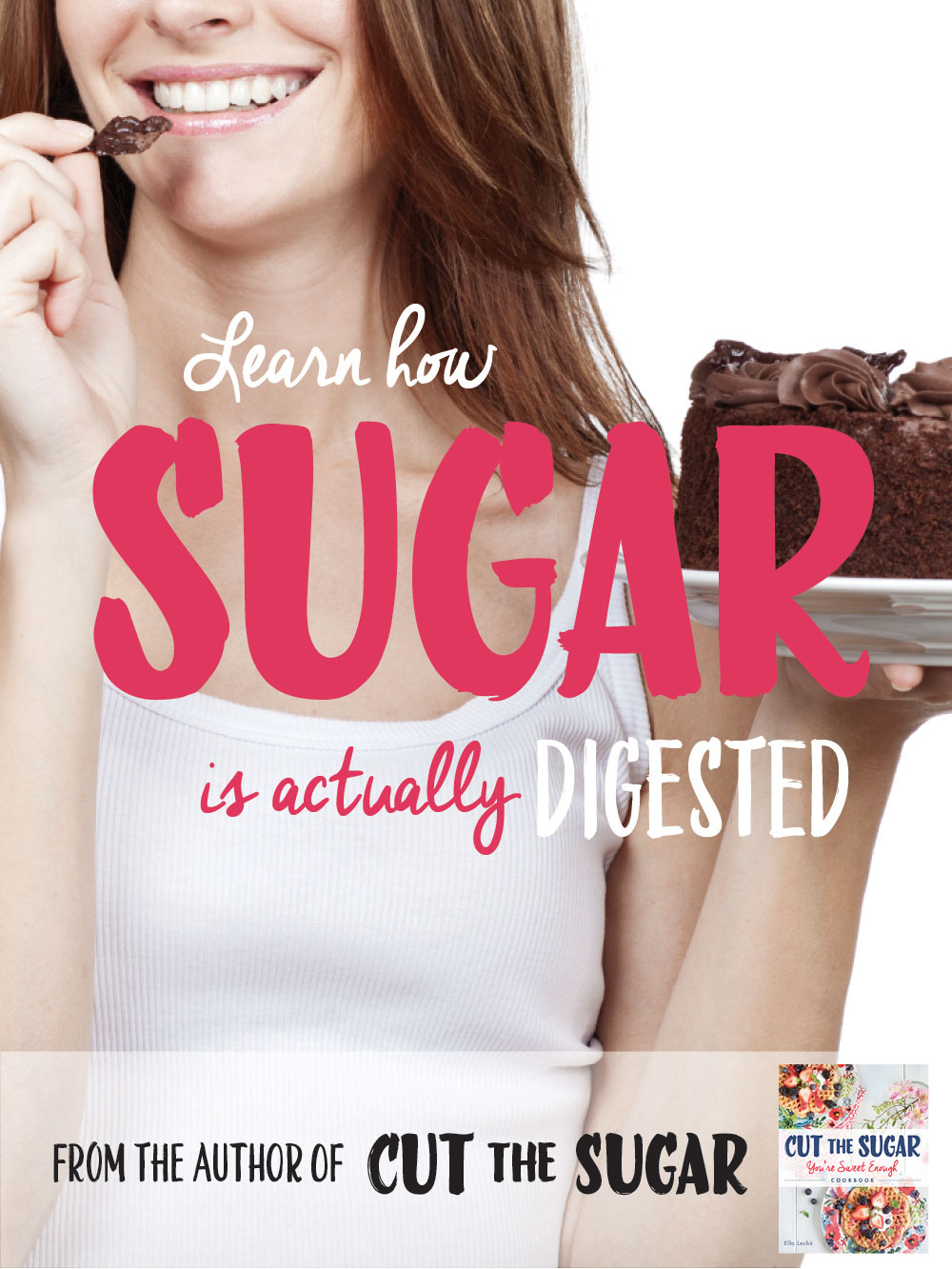
I have some more sweet talk for you guys… today, let’s learn how sugar is digested, shall we?
(I know you’ve been secretly dying to know).
You’d think I would be the one to say you should stay away from sugar at all cost! Right? But, it’s not like that at all. Although sugar was my enemy and it nearly killed me, I still enjoy sugar pretty much every day! Is that terribly confusing? I hope not, basically I’ve learned to enjoy healthier sweets and I’ve learned to address my cravings for sugar and food in general properly. I no longer get rollercoaster sugar highs and lows and no crazy mad-woman cravings either! (picture a crazy snappy woman with a few KitKats in her bag at all times). This whole healthy disaster of an experience inspired me to get into a healthy lifestyle and learn to make some great food choices as well as write my book Cut the Sugar, You’re Sweet Enough :)
Through this whole experience of dealing with a sugar addiction and health issues that rose from it – I am happy to say I’ve learned so much along the way. And just like the whole topic of nutrition, sugar information is so fascinating! After all we eat every day. We need nourishment from all kinds of food sources every few hours – if you don’t care about what you put in your body then what are you doing?
Well, I hope you do care – because you only have one body and everything, every cell and every hormone and every even emotion is a result of the food you feed your body.
Today I thought I’d keep things a little sweet (pun intended) and get into the cool science of just how sugar is digested…
How Sugar is Digested:
Each time we consume carbohydrates/ sugar, our bodies break them down into glucose (just pretty much another name for sugar) as fuel for energy. Both sugar and carbohydrates are exactly the same thing once you eat them. So even if you’re not overindulging on chocolate bars but are caving in for pasta and bread or snacking on potato chips – your body sees these foods exactly the same. Sweet or savory – carbs raise your blood sugar!
Which can be good – again, it’s energy that you need for the day! (That’s why I’m not completely anti-sugar.)
So during digestion, those sugars that you eat are broken down in the intestines into glucose.
The glucose (sugar) is then transported around the body through blood into different cells in the body as a food source and main source of energy.
The amount of glucose that enters our bloodstream is regulated by the pancreas which is an organ in the belly area.
Simultaneously the pancreas secretes a hormone called insulin. Healthy insulin levels are important because they help keep your body functioning well.
Round and round this goes every time you consume carbohydrates…. your blood sugar gets a boost – this gives you energy to carry on with the day…
Sounds great when you do it properly but sugar is like heroin – most of us have issues controlling our cravings and we cave for chocolate or those extra potato wedges or a donut with our double double… – are you guilty of this? If so, be careful….
If a diet high in sugar/ carbohydrates continues over a prolonged period of time, your body may not be able to regulate the levels of blood sugar efficiently and your body would develop a resistance to insulin.
While all this is happening in your belly and blood – sugar is affecting your brain and your energy level too! You get a sugar kick – it tastes good – you want more! Sugar is powerful stuff!
If you don’t attend to your cravings and/or sugar habits properly, over time this leads to illnesses such as Type II Diabetes and a higher chance of heart disease and many other health problems.
Too much glucose (sugar) in the blood can cause nerve damage, kidney damage as well as eye problems and store excess as fat.
However, too little glucose in the blood can make you feel extreme loss of energy, you could be easily irritable and you could loose concentration and mental focus etc. (Your brain is extremely affected – more on this next time).
So this is where it gets interesting : A. you can’t just avoid sugar. You need sources of it for energy and healthy hormone production B. you need to adapt some healthy sugar habits and what else you could eat and do to maintain a healthy pancreas and insulin level.
To sum up – Yes, you do indeed can eat sugar and carbs – just watch those portions and choose healthier options which I will go into detail soon. And aside from sugar – it’s important to address other foods and cravings also so you don’t feed this addiction and you’re no longer controlled by your cravings.
I hope that my book Cut the Sugar will help you focus on better foods out there! :)
Got some sweet questions for me? I will be doing a huge Q&A about Sugar so I would be happy answer your questions or any confusion around sugar. No question is too silly, so ask away :)
Tune in soon my sweet friends with more exciting sugar info and great recipes, xo ella
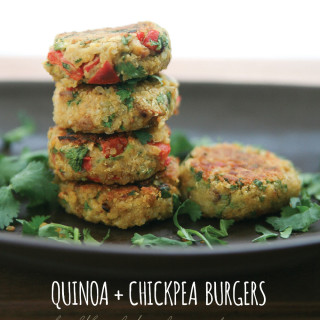
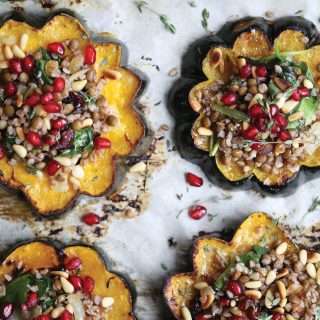
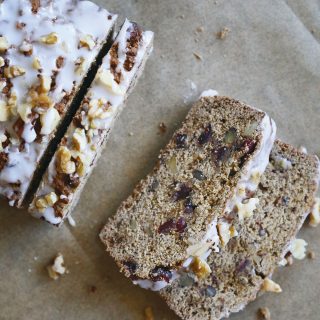


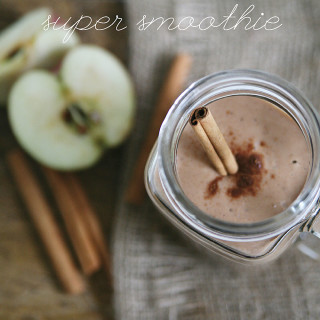
Really scary when you think about sugar and what it does to the body.
Back when we were kids we used to eat things high in sugar without thinking twice, be it cakes or soft drinks. It wasn’t until my mom got diagnosed with type 2 diabetes around 10 or so years ago. Really frightening learning about all the things that comes with diabetes and high blood sugar.
Love awareness campaign you’re doing to help cut sugar consumption.